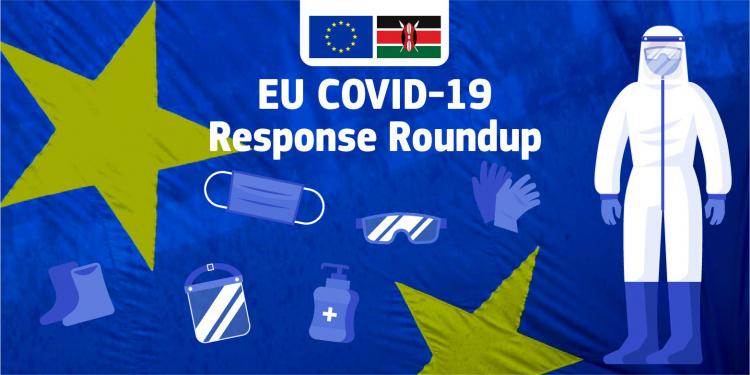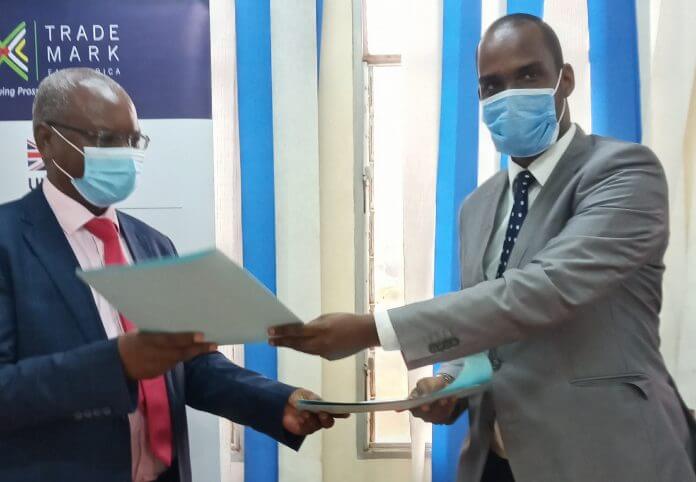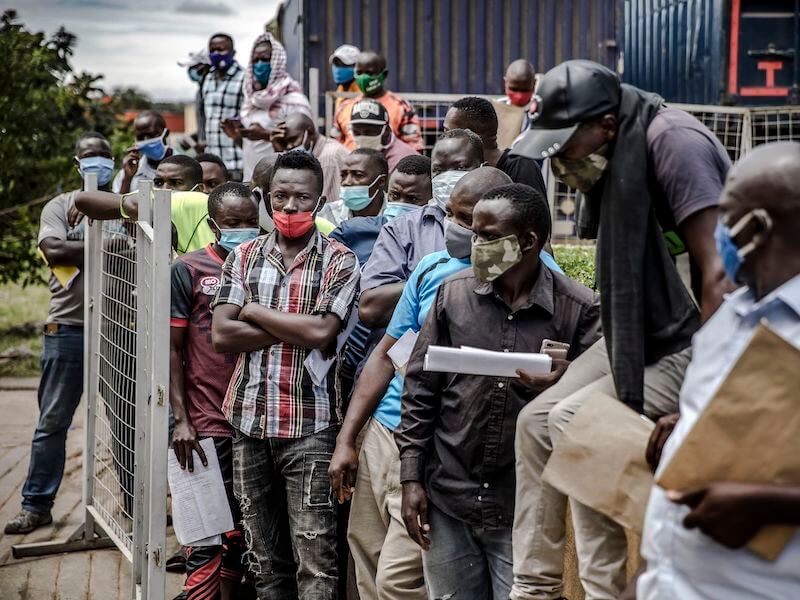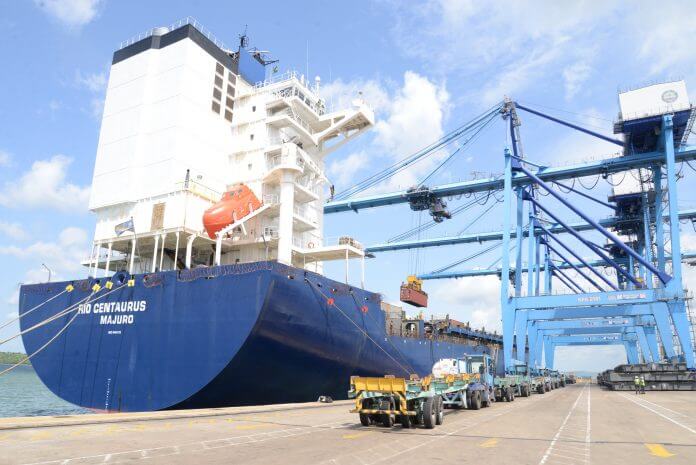Florence Atieno and Robert Ogola are among the cross-border traders in Busia who have been adversely affected by COVID-19. They’ve lost a huge chunk of their customer base and their revenues have taken a tumble since March when the first case of COVID-19 was reported. “Right now we don’t have business because of COVID-19. We don’t have stock to sell since we don’t have access to Uganda to bring the stock. We don’t have any business right now,” says Atieno. Robert also expressed that that business has been very low and the prices of commodities have increased while the quality of commodities has drastically dropped. Through the Safe Trade Emergency Facility programme, TradeMark Africa (TMA) is working together with the European Union in Kenya to keep trade going at the border point for people to get the goods, food and medical supplies that they need. The initiative is also working with the private sector to adapt to the new environment, especially through the production and distribution of PPEs and hand sanitizers to the border point workers like traders, immigration officials and health workers. TMA also rolled out an app for truckers that will allow for electronic COVID-19 certificates, tracking off the trucks for monitoring of the trade corridor efficiency and bottlenecks and it was also help with contact tracing if the need arises. FAO Kenya Land Governance Programme In the Sere-Olipi community in Samburu East, Food and Agriculture Organization of the United Nations (FAO) Kenya has fully adopted social distancing as...
Coronavirus response in Kenya – Roundup of stories from the field -11 September 2020
Posted on: September 29, 2020
Posted on: September 29, 2020
























